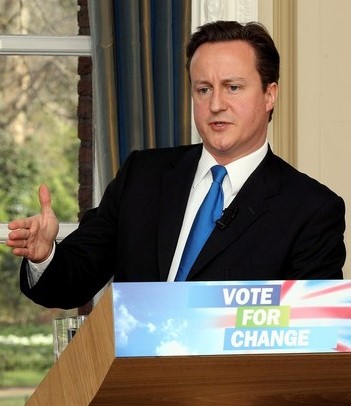
From the Economist: The Economist: The old alliance with America – what do you make of the notion that it’s over?
David Cameron: I just don’t buy that. I think that, you know, one can get into sort of definitional problems. Is there a special relationship? Yes. Is it real, tangible – does it mean something? Yes. I think sometimes people, you know, you have to remember though we are the junior partner in that relationship and I think part of getting the relationship right is understanding how best to play the role of the junior partner. And I think there are times when leaders have done it very well and times when leaders haven’t done it so well. But does it still mean something? Yes, it does.
And I think you can see it in Afghanistan very clearly. I think, you know, on any number of issues you see Britain and America working very closely together, closer than with other allies, so I think it does still exist. I mean we don’t overstate it and don’t ever think that it’s a sort of equal partnership because it isn’t. …
Well, go back to the Falklands War and you can remember how much it was worth, because the Americans gave us a huge amount of help in terms of military and logistics and all the rest of it. So at the key moments I would always say that the relationship has proven to us. It did during the great Atlantic alliance; it has over NATO; it did over the Cold War; it did over the Falklands. Have there been ups and downs? Yes. Grenada, Charles Powell tells me the story that Reagan was holding the phone out here because Thatcher was shouting so much. The relationship will have its ups and downs. Clearly, America has a very strong interest in maintaining very friendly and strong relations with all the countries in South America and so there’s a clash, there’s a grinding of wheels there, but we just need to be clear to our best and oldest friend how strongly we feel about this.
Excerpts from interview of the leader of the U.K.’s Conservative Party, David Cameron. (photo: Getty)
Image: getty_4_2_10bb.jpg
